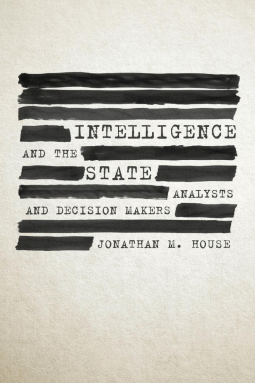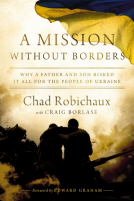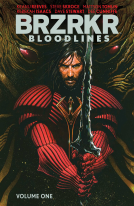
Intelligence and the State
Analysts and Decision Makers
by Jonathan M. House
This title was previously available on NetGalley and is now archived.
Send NetGalley books directly to your Kindle or Kindle app
1
To read on a Kindle or Kindle app, please add kindle@netgalley.com as an approved email address to receive files in your Amazon account. Click here for step-by-step instructions.
2
Also find your Kindle email address within your Amazon account, and enter it here.
Pub Date Apr 15 2022 | Archive Date Apr 15 2022
Talking about this book? Use #IntelligenceandtheState #NetGalley. More hashtag tips!
Description
In the eighty years since Pearl Harbor, the United States has developed a professional intelligence community that is far more effective than most people acknowledge—in part because only intelligence failures see the light of day, while successful collection and analysis remain secret for decades. Intelligence and the State explores the relationship between the community tasked to research and assess intelligence and the national decision-makers it serves. The book argues that in order to accept intelligence as a profession, it must be viewed as a non-partisan resource to assist key players in understanding foreign societies and leaders. Those who review these classified findings are sometimes so invested in their preferred policy outcomes that they refuse to accept information that conflicts with preconceived notions. Rather than demanding that intelligence evaluations conform to administration policies, a wise executive should welcome a source of information that has not “drunk the Kool-Aid” by supporting a specific policy decision. Jonathan M. House offers a brief overview of the nature of national intelligence, and especially of the potential for misperception and misunderstanding on the part of executives and analysts. Furthermore, House examines the rise of intelligence organizations first in Europe and then in the United States. In those regions, fear of domestic subversion and radicalism drove the need for foreign surveillance. This perception of a domestic threat tempted policymakers and intelligence officers alike to engage in covert action and other policy-based, partisan activities that colored their understanding of their adversaries. Such biases go far to explain the inability of Nazi Germany and the Soviet Union to predict and deal effectively with their opponents.
The development of American agencies and their efforts differed to some degree from these European precedents but experienced some of the same problems as the Europeans, especially during the early decades of the Cold War. By now, however, the intelligence community has become a stable and effective part of the national security structure. House concludes with a historical examination of familiar instances in which intelligence allegedly failed to warn national leaders of looming attacks, ranging from the 1941 German invasion of the USSR to the Arab surprise attack on Israel in 1973.
Advance Praise
“With years of experience in the intelligence community to draw upon, House provides a valuable overview of the complex processes and challenging organizational dynamics involved in this vital endeavor.” —Trent Hone, author of Learning War: The Evolution of Fighting Doctrine in the U.S. Navy, 1898-1945 and co-author of Battle Line: The United States Navy, 1919-1939
“Jonathan House sheds new light and understanding on an important, but little understood subject. Threats to national security are expanding and so are demands on the intelligence community. Intelligence and the State explains the essential elements of effective warning and decision at the nexus of senior intelligence professionals and government policymakers. It is a must-read for intelligence professionals and those who depend on or oversee them.” —H.R. McMaster, senior fellow at the Hoover Institution and author of Battlegrounds and Dereliction of Duty
“An excellent overview of intelligence history and a perceptive analysis of the age-old intelligence officer dilemma: how to get the decision-maker to accept intelligence which is not in sync with his perceptions or plans.” —Rear Adm. Tom Brooks, author, career intelligence officer, former director of Naval Intelligence
Available Editions
| EDITION | Hardcover |
| ISBN | 9781682477724 |
| PRICE | $40.00 (USD) |
Featured Reviews
 CASPER H, Bookseller
CASPER H, Bookseller
Dr. House does not disappoint. After years of co-authoring and authoring in his own right books on the Soviet Army in the Second World War retired Colonel House provides a much-needed understanding of how Military Intelligence has worked in our nation's history. The modern invention of a professional military intelligence service in the Second World War House details both successes and failures within the art. Excellent and well worth the time.
 Reviewer 515830
Reviewer 515830
Full of the interesting history of the Intelligence Community, U.S.-related and abroad as well which was a huge bonus. I felt like I need to re-read this with a big whiteboard to do a full complete timeline and dive fully into more of the history that was occurring at the times Jonathan M. House mentions in this book because it was full of facts and history. Intelligence and the State give a brief history on the well-known Intel community and their jobs we know of (as a civilian). Speaking as a civilian, the wording, context, and explanations are easy to follow along with and truly learn something new. If you are in the government or within the community, there is still plenty to learn from Jonathan M, House, a great teacher, and writer.
Readers who liked this book also liked:
Sostenes B. Lima, LCSW; Erica Lima, LCSW
Health, Mind & Body, Self-Help












